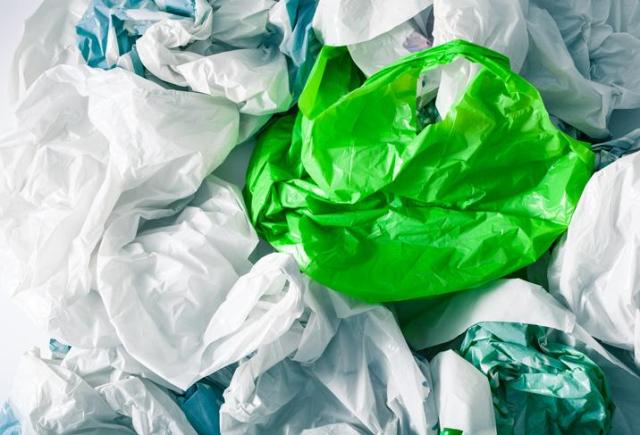In a bid to reduce carbon emissions and promote sustainable waste management, major Korean oil refiners are turning to pyrolysis technology for plastic recycling. GS Caltex, located in Yeosu, is using crude oil extracted through this thermal decomposition process to produce petroleum products and aims to increase its annual recycled oil manufacturing capacity to one million tons by the end of the year. The company also produces compound resin from used plastics for car parts and home appliances, reducing greenhouse gas emissions by 6.1 tons per year.
Another major refiner, HD Hyundai Oil Bank, is partnering with Hyundai Department Store for a joint project involving the collection and recycling of discarded polymer wrappings from department stores. The project will start with five department store branches and two discount outlets and expand to 16 department stores and eight outlets by the end of the year. Plastic bags collected will be processed through pyrolysis to create new plastic products.
Korea’s high usage rate of plastics, at 88 kilograms per capita annually, has contributed to its high plastic recycling rate of about 27 percent, compared to the global average of 9 percent. These efforts by Korean oil refiners will help reduce carbon emissions and promote a more sustainable approach to plastic waste management.



